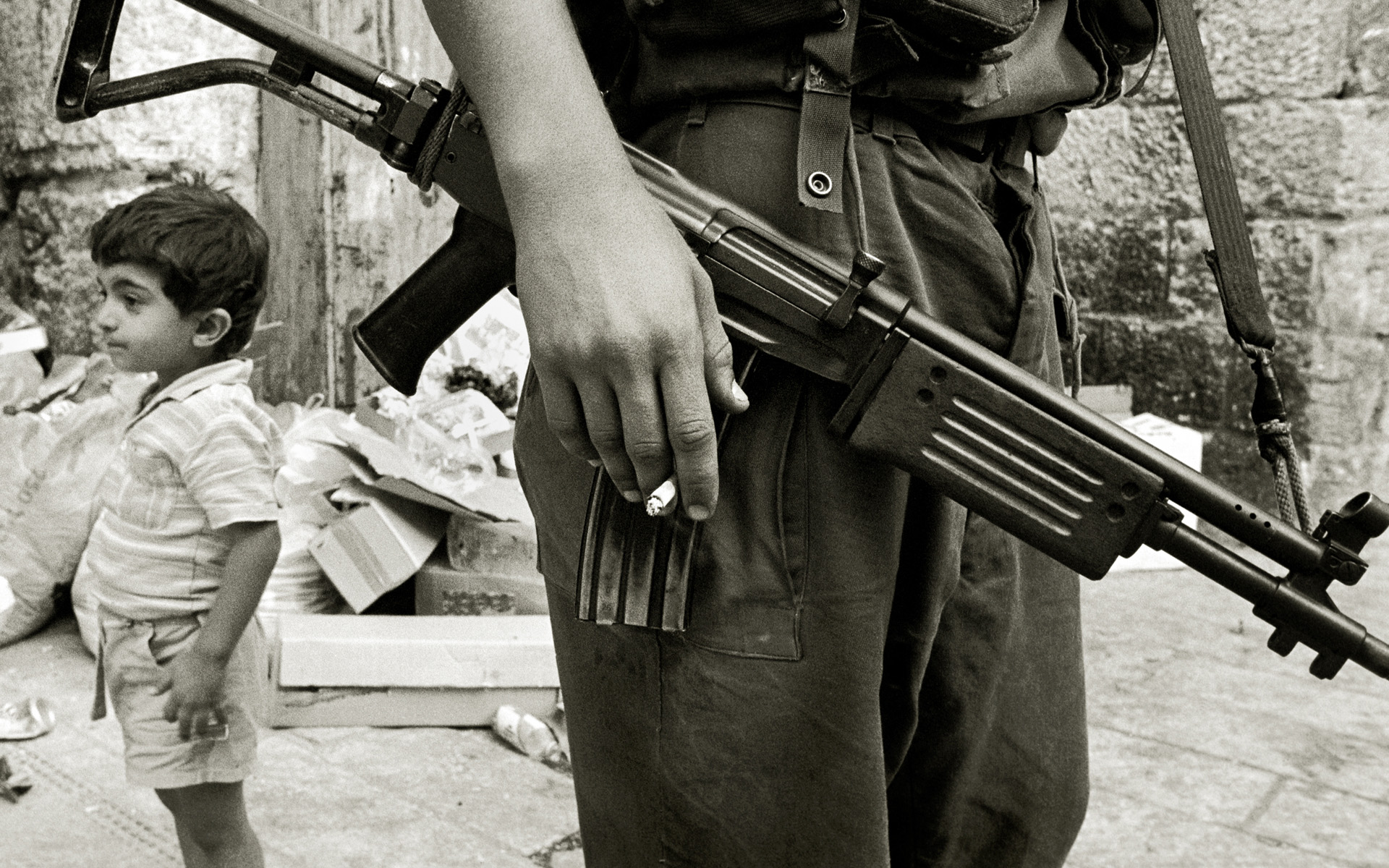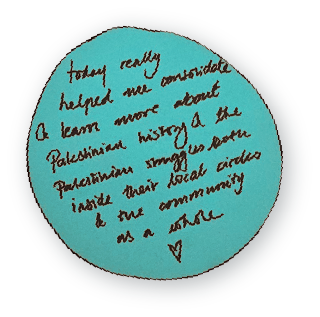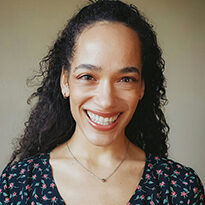First Intifada

The First Intifada was a Palestinian mass resistance movement that lasted from 9th December 1987 until 13th September 1993. After four Palestinian men were run over by an Israeli jeep outside of Jabalya refugee camp in Gaza on 8th December 1987, grassroots protests against twenty years of Israeli occupation and subjugation of Palestinians broke out in Palestinian refugee camps and eventually spread across the Occupied Palestinian Territory (OPT).1
Palestinians demonstrated their opposition to the Israeli occupation overwhelmingly through nonviolent methods such as boycotts, demonstrations, and closures. The First Intifada is seen by many as a historical high point in Palestinian mobilisation. As an effort to contain and end the protests, Israel killed, wounded, deported, and arrested thousands of Palestinians.2 According to B’Tselem, Israeli soldiers and civilians killed 1,162 Palestinian civilians from 9th December 1987 to 13th September 1993. One hundred Israeli civilians and 60 Israeli soldiers were killed by Palestinians during the same period of time.3 The Israeli military also demolished 493 Palestinian homes and filled 404 Palestinian homes with cement during this time as a form of punishment.4
The First Intifada also marked the rise of Islamist actors such as Hamas and Islamic Jihad as a response to the Palestine Liberation Organisation’s (PLO) perceived ineffectiveness and capitulation to Israeli rule. Nonetheless, as a reaction to the Intifada, negotiations between the PLO and the Israeli government took place in Madrid in 1991 and later in Oslo. This culminated in the Oslo Agreements, which were signed in the United States by Israeli Prime Minister Yitzhak Rabin and PLO Chairman Yasser Arafat in September 1993.5 Although the Oslo Agreements were meant to give Palestinians autonomy in parts of the OPT and pave the way for a Palestinian state, Israel currently continues to occupy and have ultimate control over the territories.6
References
For more resources on the First Intifada, see:
- In-depth statistics of the Palestinian and Israeli fatalities during the First Intifada by B’Tselem
- Resolution 43/21 which condemns Israel’s violent response to the Intifada, ongoing violations of Palestinian human rights, and disregard for standards set in place by international law
- 1988 Yearbook of the United Nations (Pages 230-251)
- Palestine Remix
Footnotes:
- https://www.middleeastmonitor.com/20171209-remembering-the-first-intifada-2/
- https://www.aljazeera.com/archive/2003/12/2008410151246804713.html
- https://www.btselem.org/statistics/first_intifada_tables
- https://www.btselem.org/punitive_demolitions/statistics_since_1987
- https://www.middleeastmonitor.com/20171209-remembering-the-first-intifada-2/; https://www.aljazeera.com/archive/2003/12/2008410151246804713.html
- https://www.aljazeera.com/archive/2003/12/2008410151246804713.html
Palestine 101
Learn the basics

